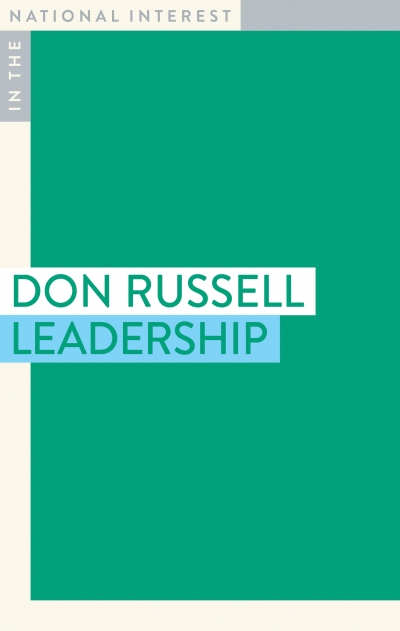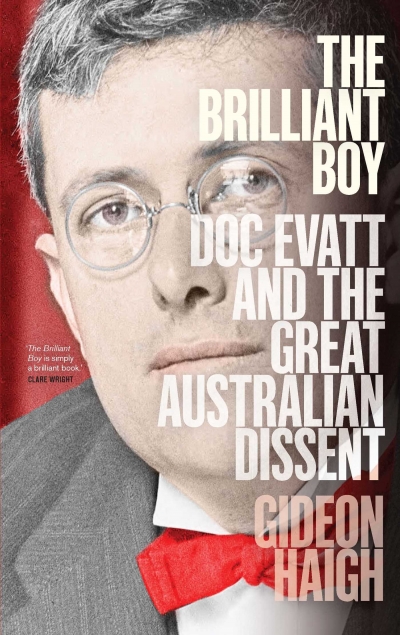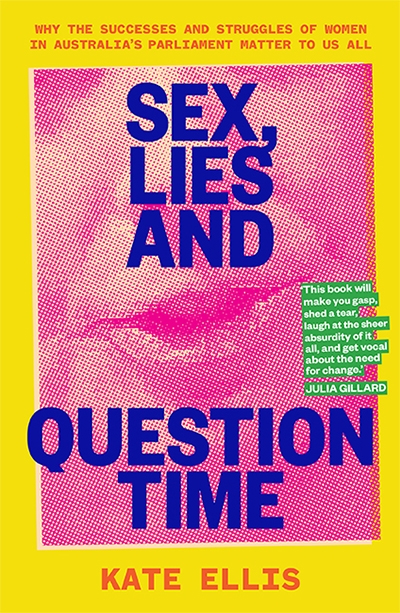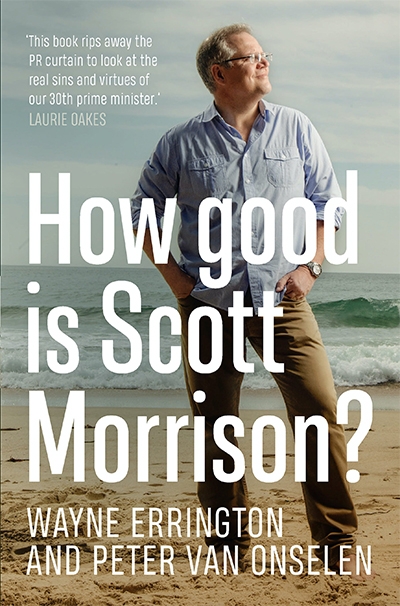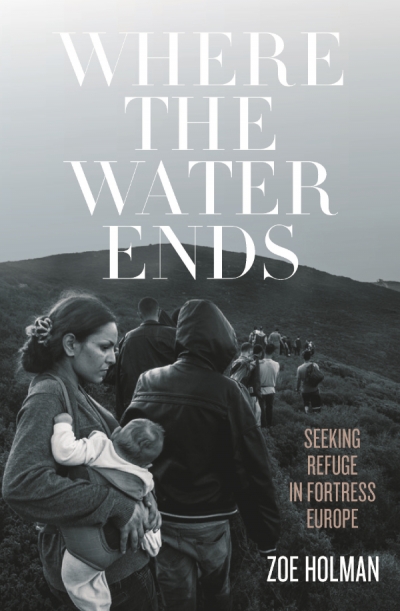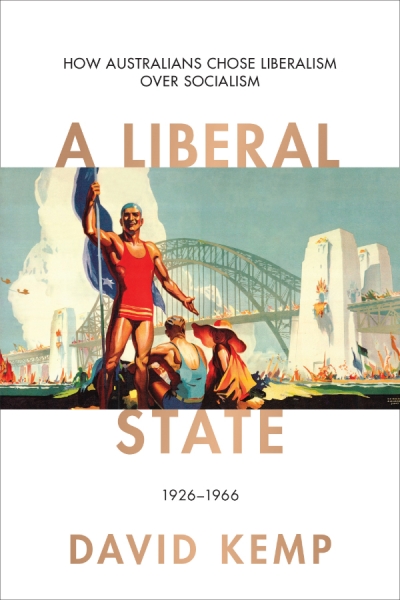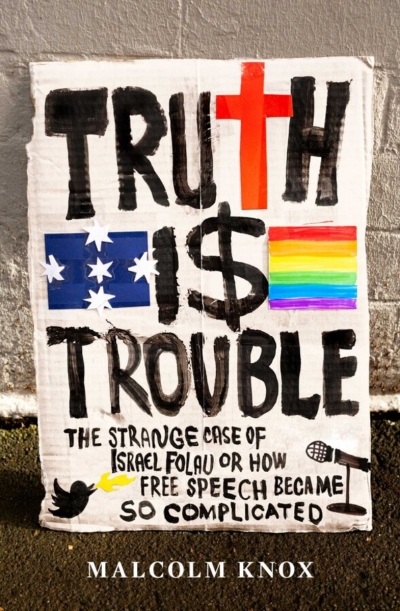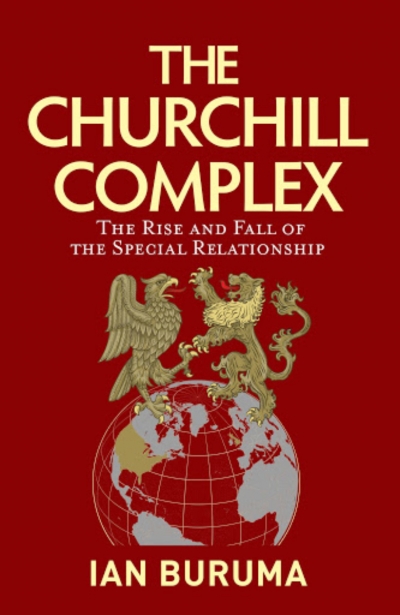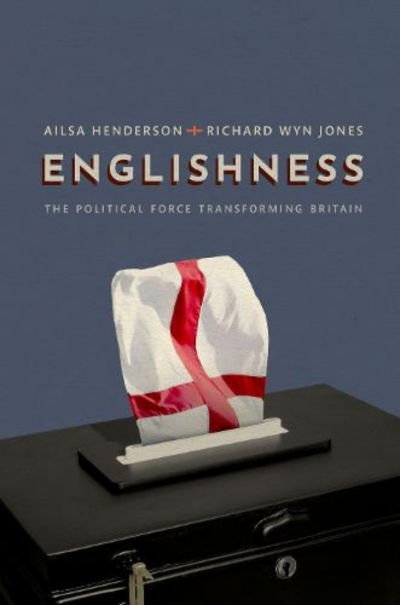Politics
Leadership by Don Russell & A Decade of Drift by Martin Parkinson
by James Walter •
The Brilliant Boy: Doc Evatt and the great Australian dissent by Gideon Haigh
by Frank Bongiorno •
How Good Is Scott Morrison? by Wayne Errington and Peter van Onselen
by Paul D. Williams •
Where the Water Ends: Seeking refuge in fortress Europe by Zoe Holman
by Tom Bamforth •
A Liberal State: How Australians chose liberalism over socialism, 1926–1966 by David Kemp
by Frank Bongiorno •
Truth Is Trouble: The strange case of Israel Folau or how free speech became so complicated by Malcolm Knox
by Andrew West •
The Churchill Complex: The rise and fall of the special relationship by Ian Buruma
by Timothy J. Lynch •
Englishness: The political force transforming Britain by Ailsa Henderson and Richard Wyn Jones
by Ben Wellings •
On the morning of 6 January 2021, President Donald Trump addressed a crowd of his supporters outside the White House for more than an hour. The president urged protesters who had already begun gathering along the National Mall to go to the Capitol Building where both houses of Congress were about to start the process of certifying the results of the electoral college, formalising Joe Biden’s victory in the November 2020 election. The election had been stolen, Trump told them: it was time for them to take it back and march on Congress: ‘You will never take back our country with weakness,’ said the president.
... (read more)
